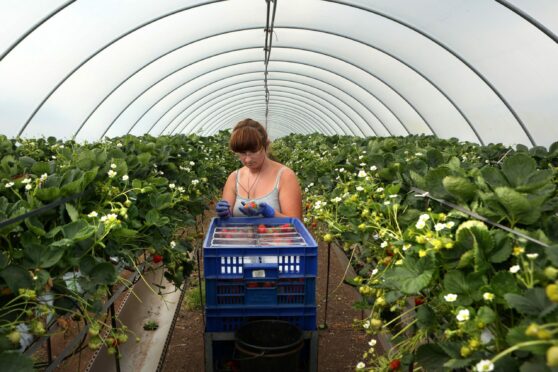Less than a quarter of UK adults would consider working in agriculture, according to new research.
The research, carried out by skills development organisation City & Guilds, found only 22% of working age people in the UK would consider working in agriculture, food production and animal care jobs.
The survey of 10,000 workers also found only 25% would work in social care, 26% in healthcare, and 17% in construction.
A report outlining the survey findings warns many employers who are already reporting “dire skills shortages” are set to struggle even further in the years ahead.
“While the pandemic may have shone a light on the many jobs that are critical to the running of our country, our research demonstrates the undeniable fact that low salaries, unattractive or inflexible working conditions and a general lack of respect for these critical jobs is having a catastrophic impact on the ability of employers to fill these roles,” said City & Guilds chief executive officer, Kirstie Donnelly.
“In the face of a growing labour crisis that is impacting these vital industries and wider society, we need to collectively take a long, hard look at how we can make these jobs more attractive.”
The research found only 45% of workers would feel proud to work in agriculture, food production and animal care, however 61% said they would be happy for their child or grandchild to work in this sector.
A lack of skilled workers has been blamed for the current crisis in the pig sector.
Earlier this week the National Pig Association and NFU south of the border warned the sector was on the brink of collapse as a lack of labour in meat plants has left more than 170,000 slaughter-ready pigs backed-up on British farms.
They called on Defra Secretary of State George Eustice to convene an emergency summit with everyone in the pig supply chain to address the issue, and said an estimated 35,000 healthy pigs have been culled and destroyed as a result of the backlog.
